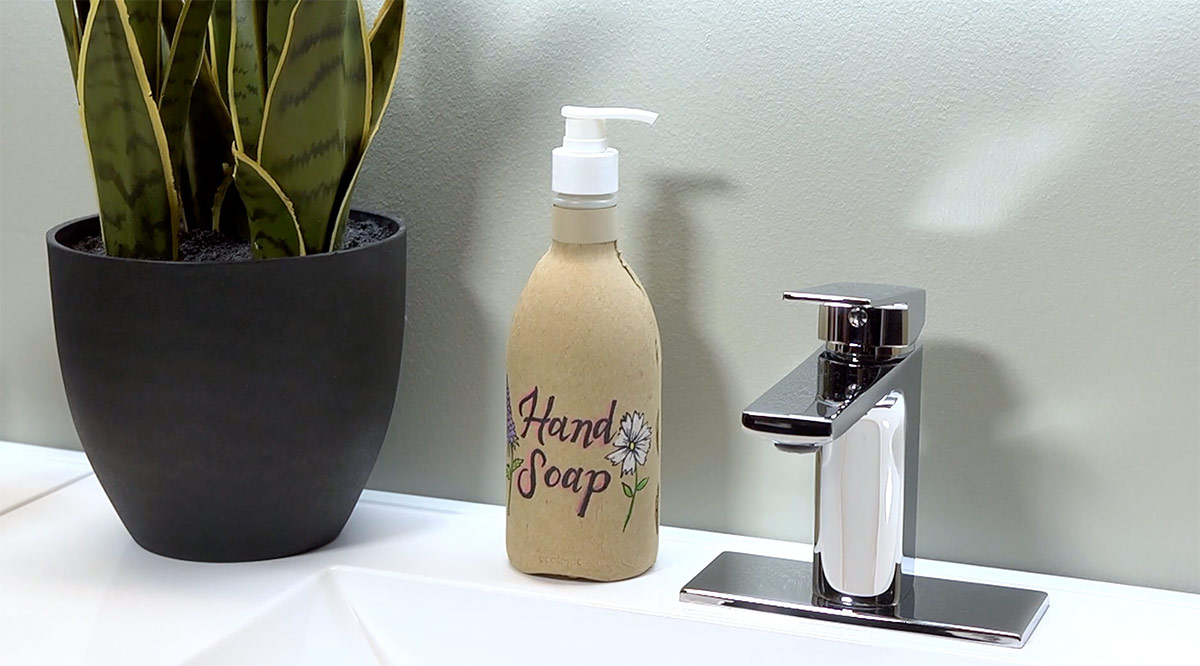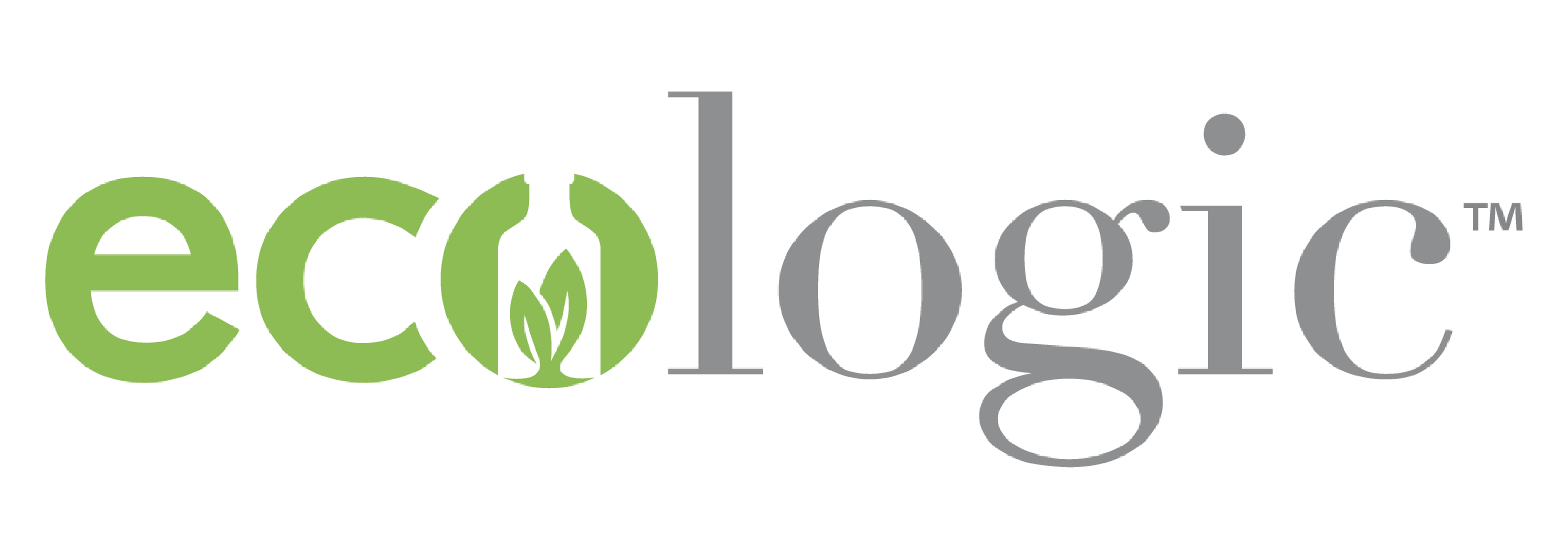We’re taught from a young age that good hand washing hygiene is an effective way to prevent the spread of illness and bacteria – to keep ourselves healthy and safe – a fact that’s even more relevant amid a global pandemic.
As people are washing their hands and cleaning their homes more frequently to protect themselves from Covid-19, many consumers might be wondering what’s really in the hand soaps and cleaning products they’re using. And, even more importantly, do they work?
Begin your sustainability journey with the 16oz reusable sprayer and pump eco.bottle 4pk kit!
Hand soaps, like many cleaning and personal care items, contain bacteria-fighting chemicals that have been linked to health concerns including hormone disruptions and increased risk of cancer. Common hand soap ingredients include:
- Fragrance or “parfum” can cover dozens of unlisted chemicals like phthalates, benzyl acetate and methylene chloride.
- Triclosan is an antimicrobial agent which has been found to be a potential endocrine disruptor, and is harmful to the environment.
- Parabens are chemicals that prevent the growth of mold and bacteria and are added to body wash to stabilize the product and extend its shelf life.
Recipe
Ingredients:
- 1 ½ cups water
- 2 tbsp castile soap [removes dirt]
- Optional: 40 drops of essential oil* of choice [smells good]
*No undiluted essential oils should be applied to the skin. When choosing essential oils, there is evidence of concern for breast cancer/endocrine disruption with lavender and tea tree oil.
Directions:
1. Measure ingredients and pour into the pump bottle (use funnel if needed). Shake gently to combine.
2. To use, rinse hands with water, massage soap into skin, rinse and pat dry.
Need a dispenser for your new homemade hand soap? Check out our line of eco-friendly refill kits here
Three ingredients – that’s it. No need to squint at a product label or make any guesses on hard-to-pronounce chemicals. Making your own hand soap will give you the peace of mind that you’re getting clean hands without added chemicals.

Not ready to make your own hand soap? No problem! Next time you’re browsing store shelves or shopping for products online, use these tips to help you find the best and safest options:
- Read the labels: look for products with as few ingredients as possible and try to avoid products with fragrance and the other chemicals listed above.
- Look for products with the MADE SAFE® seal: MADE SAFE makes it easy to identify safer products with a special seal.
Use online tools like the browser extension Clearya to help find safer products.
Breast Cancer Prevention Partners (BCPP) is an organization that is dedicated to raising awareness and driving positive change. They’ve developed numerous DIY recipes for safe alternatives to everyday household and personal care products, including the one above. For more tips and information visit bcpp.org or follow BCPP on social media.
Did you know?
Castile is an olive oil-based soap that can be found in many everyday soap and cleaning products. But it’s safe and effective all on its own. Originally from the Castile region of Spain, this soap has been used for centuries. Essentially, it’s just plain, good soap.
SHOP NOW

